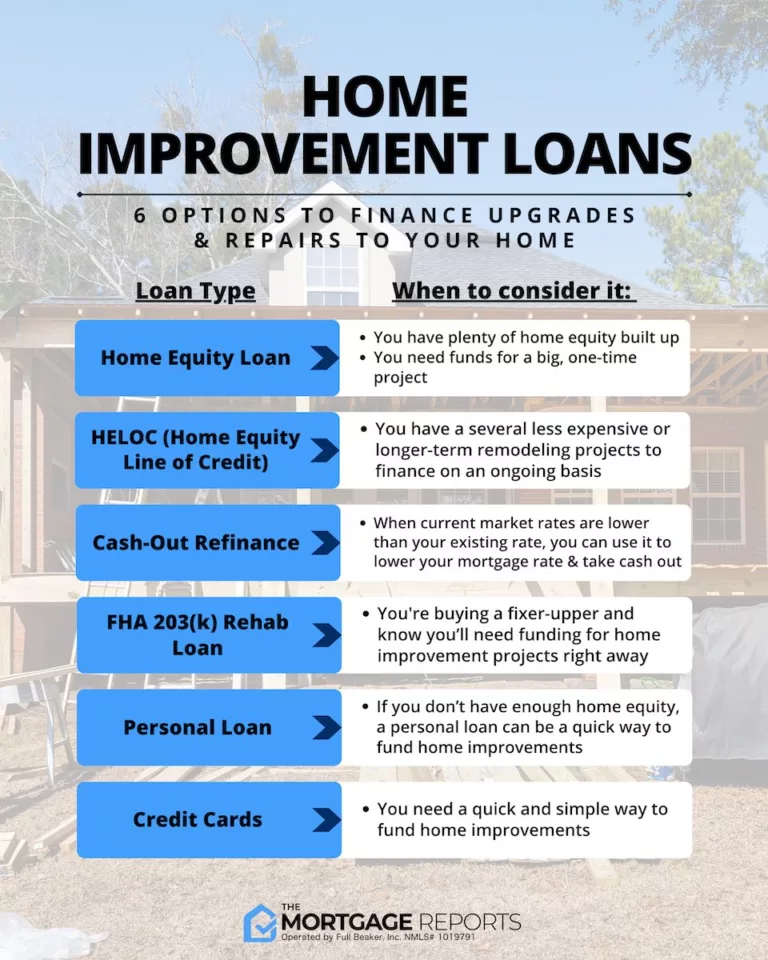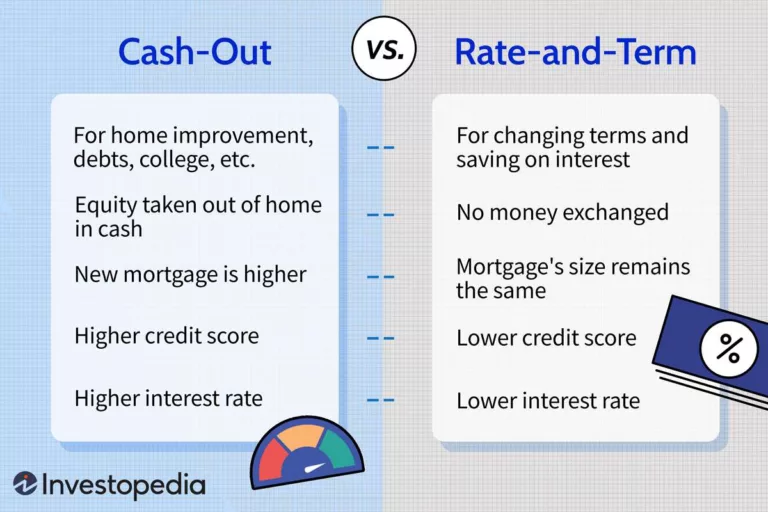How Does a Reverse Mortgage Work in California? Unlocking the Hidden Financial Potential
A reverse mortgage in California allows homeowners to convert a portion of their home’s equity into cash without having to sell the property or make monthly mortgage payments. It’s a type of loan that is only available to older adults aged 62 and above, offering financial flexibility during retirement years.
Homeowners can receive the loan proceeds either as a lump sum, a line of credit, fixed monthly payments, or a combination. The loan is repaid when the homeowner moves, sells the home, or passes away. Reverse mortgages are regulated by the Federal Housing Administration (FHA) and counseling is required as part of the application process to ensure borrowers fully understand the terms and implications.
By utilizing a reverse mortgage, eligible homeowners in California can tap into their home equity and enhance their financial security in retirement.

Credit: www.linkedin.com
What Is A Reverse Mortgage?
A reverse mortgage is a unique form of loan available to homeowners in California who are 62 years or older. It allows them to convert a portion of the equity in their home into cash, supplementing their retirement income and providing financial flexibility. Unlike a traditional mortgage, where borrowers make monthly payments to the lender, with a reverse mortgage, the lender makes payments to the borrower instead.
A reverse mortgage is also commonly known as a Home Equity Conversion Mortgage (HECM) and is insured by the Federal Housing Administration (FHA). This government-backed program ensures that homeowners have access to their home equity without having to sell their property or take on additional debt.
It’s important to note that reverse mortgages are designed specifically for senior citizens and have unique features and requirements. Understanding the eligibility criteria is key to determining if a reverse mortgage is the right option for you.
To be eligible for a reverse mortgage in California, you must meet certain criteria:
- You must be at least 62 years old, or older.
- You must own your home and occupy it as your primary residence.
- Your home must be a single-family residence, a multi-unit property (with some limitations), or an approved condominium or manufactured home.
- You must have sufficient equity in your home, typically paid off or with a low mortgage balance.
- You must have the financial ability to cover taxes, insurance, and other property-related expenses throughout the life of the loan.
These eligibility requirements aim to protect homeowners and ensure the sustainability of the reverse mortgage program. It’s essential to consult with a reverse mortgage professional to evaluate your individual circumstances and determine if you qualify for this type of loan.

Credit: www.facebook.com
How Does A Reverse Mortgage Work?
A reverse mortgage in California allows homeowners to receive loan proceeds based on the equity of their property without the requirement of making monthly mortgage payments. The loan is repaid once the homeowner sells the property or passes away, benefiting older individuals looking for additional income in retirement.
Loan Repayment
A reverse mortgage allows homeowners to borrow against the equity in their homes without having to sell or move out. One of the most important aspects to understand about reverse mortgages is how the loan is repaid. Unlike traditional mortgages, with a reverse mortgage, borrowers do not make monthly mortgage payments.
Instead, the loan is typically repaid when the homeowner sells the home or passes away. At that time, the loan balance, plus any accrued interest and fees, is due. If the homeowner has passed away, the heirs have the option to repay the loan and keep the home or sell the home to repay the loan.
Available Loan Options
When considering a reverse mortgage, it’s essential to explore the available loan options to determine which one best suits your needs. In California, there are three main types of reverse mortgages:
- Home Equity Conversion Mortgage (HECM): This is the most common type of reverse mortgage. It is insured by the Federal Housing Administration (FHA) and offers more flexibility than other types of reverse mortgages. The amount you can borrow is based on factors such as your age, the value of your home, and current interest rates.
- Proprietary Reverse Mortgage: This type of reverse mortgage is offered by private lenders and is not insured by the FHA. It may be a good option for homeowners with high-value homes who want to access more of their equity.
- Single-Purpose Reverse Mortgage: These mortgages are typically offered by state or local government agencies or non-profit organizations. They are designed for specific purposes, such as home repairs or property tax payments. The amount you can borrow is usually limited.
Before deciding on a loan option, it’s important to consult with a reverse mortgage specialist who can provide guidance based on your specific circumstances.
The Benefits Of A Reverse Mortgage
Discover the advantages of a reverse mortgage in California. This unique financial option allows homeowners to convert home equity into cash while continuing to live in their property, providing a flexible solution to supplement retirement income.
Increasing Cash Flow
One of the most significant benefits of a reverse mortgage in California is the ability to increase your cash flow. As you age, retirement savings may not always stretch as far as you hoped they would. Medical expenses, home repairs, and general cost of living can become increasingly burdensome.
With a reverse mortgage, you can tap into the equity built up in your home, providing a much-needed boost to your monthly income. Instead of making mortgage payments, you receive payments from the lender. This extra cash can be a lifeline, allowing you to cover bills, pursue hobbies, or take that dream vacation you’ve always wanted.
Staying In Your Home
Another advantage of a reverse mortgage is the ability to stay in the comfort of your own home. As you age, it’s natural to feel attached to the place where you’ve created so many memories. However, financial constraints or unexpected circumstances can make it challenging to maintain homeownership.
A reverse mortgage eliminates the stress of monthly mortgage payments, providing you with the option to age in place. This allows you to continue enjoying your home without the worry of losing it due to financial difficulties. Whether you want to retire in your current residence or downsize to a smaller home, a reverse mortgage can help you achieve your goals.
Understanding Reverse Mortgage Costs
A reverse mortgage is a financial tool that allows California homeowners aged 62 or older to convert part of their home equity into cash. While reverse mortgages can provide a useful source of income for retirees, it’s essential to understand the associated costs before making a decision. In this article, we will delve into the specific costs involved in reverse mortgages in California.
Origination Fees
One of the costs associated with a reverse mortgage is the origination fee. This fee is charged by the lender for processing the loan and covers the expenses incurred during the application and underwriting process. Typically, the origination fee is calculated as a percentage of the loan amount and can vary depending on the lender. On average, the origination fee for a reverse mortgage in California ranges from 2% to 5%.
Interest Rates
Another important cost to consider when evaluating a reverse mortgage is the interest rate. This is the rate at which the loan accrues interest over time. The interest rate on a reverse mortgage can be fixed or adjustable. Fixed interest rates remain the same for the duration of the loan, while adjustable interest rates fluctuate based on market conditions. It is crucial to understand the terms and conditions associated with the interest rates offered by lenders to determine the long-term financial implications.
When shopping for a reverse mortgage in California, consider comparing the interest rates from various lenders to find the most favorable terms. It can be helpful to consult with a financial advisor or mortgage broker to ensure you fully understand the potential costs involved.
Other Costs
In addition to origination fees and interest rates, there are other costs to be aware of when considering a reverse mortgage in California. These may include appraisal fees, title insurance, escrow fees, and counseling fees. It’s essential to review the Loan Estimate provided by the lender, which outlines all the expenses associated with the loan.
Before making a final decision, it’s crucial to weigh the costs against the benefits of a reverse mortgage. Take into account your personal financial situation, long-term plans, and individual goals. Consulting with a reputable mortgage professional specialized in reverse mortgages can provide valuable insights and help you make an informed decision.
Important Considerations For California Residents
California residents who are considering a reverse mortgage should be aware of several important factors specific to their state. By understanding the property requirements and the counseling and education process, homeowners can make informed decisions. Let’s delve into these considerations.
Property Requirements
Before applying for a reverse mortgage in California, homeowners must meet specific property requirements. These requirements ensure that the property is eligible for the loan program and that the homeowner can fully benefit from it. Here are some key points to remember:
- The property must be the primary residence of the homeowner.
- The property must be a single-family home, a 2-4 unit property with at least one unit occupied by the borrower, a HUD-approved condominium, or a manufactured home that meets specific criteria.
- The property should be well-maintained and meet minimum property standards set by the Federal Housing Administration (FHA).
Meeting these property requirements is crucial to ensure that the reverse mortgage application process goes smoothly and that homeowners can tap into the equity of their property.
Counseling And Education
California residents who are considering a reverse mortgage are required to undergo counseling and education to ensure they understand the implications and responsibilities of taking out a reverse mortgage. This step is in place to protect homeowners and promote informed decision-making. Here’s what you need to know:
- Counseling: Homeowners must attend a counseling session with a HUD-approved counselor. This session aims to provide personalized guidance and address any questions or concerns homeowners may have about reverse mortgages.
- Education: Homeowners are also required to complete a reverse mortgage education course. This course covers the fundamental aspects of reverse mortgages, including eligibility criteria, loan repayment, and financial considerations.
This counseling and education requirement ensures that California residents are aware of all the necessary details before proceeding with a reverse mortgage. It serves as a valuable tool for homeowners to make well-informed decisions that align with their financial goals.
In summary, California residents considering a reverse mortgage should become familiar with the property requirements and the counseling and education process. By understanding these important considerations, homeowners can navigate the reverse mortgage landscape with confidence and make the most of this financial option.

Credit: freshhomeloan.com
Frequently Asked Questions On How Does A Reverse Mortgage Work In California
What Is The Negative Side Of A Reverse Mortgage?
A negative aspect of a reverse mortgage is that it can deplete your home equity, leaving less for inheritors. Additionally, interest and fees can accumulate over time, making the loan amount grow. It’s important to carefully consider all financial implications before opting for a reverse mortgage.
How Much Money Do You Actually Get From A Reverse Mortgage?
Reverse mortgages provide homeowners with a lump sum, monthly payments, or a line of credit based on their home’s value, age of borrower, and interest rates. The amount received varies depending on these factors.
What Are The Rules For Reverse Mortgages In California?
California reverse mortgage rules vary but generally require borrowers to be at least 62 years old, occupy the home as their primary residence, and undergo counseling. Loan amounts depend on factors like home value and borrower age. Additional responsibilities include paying property taxes, insurance, and maintaining the property.
Speak with a qualified reverse mortgage professional for more detailed information.
Who Owns The House After A Reverse Mortgage?
The homeowner maintains ownership of the house after obtaining a reverse mortgage.
Conclusion
A reverse mortgage in California provides homeowners with a unique opportunity to tap into their home equity. It offers financial freedom to seniors, providing them with a steady stream of income or a lump sum payout. By understanding the workings of a reverse mortgage and considering the eligibility requirements, seniors can make an informed decision about this financial option.
With the potential to transform retirement years, a reverse mortgage can be a valuable tool for California homeowners.



